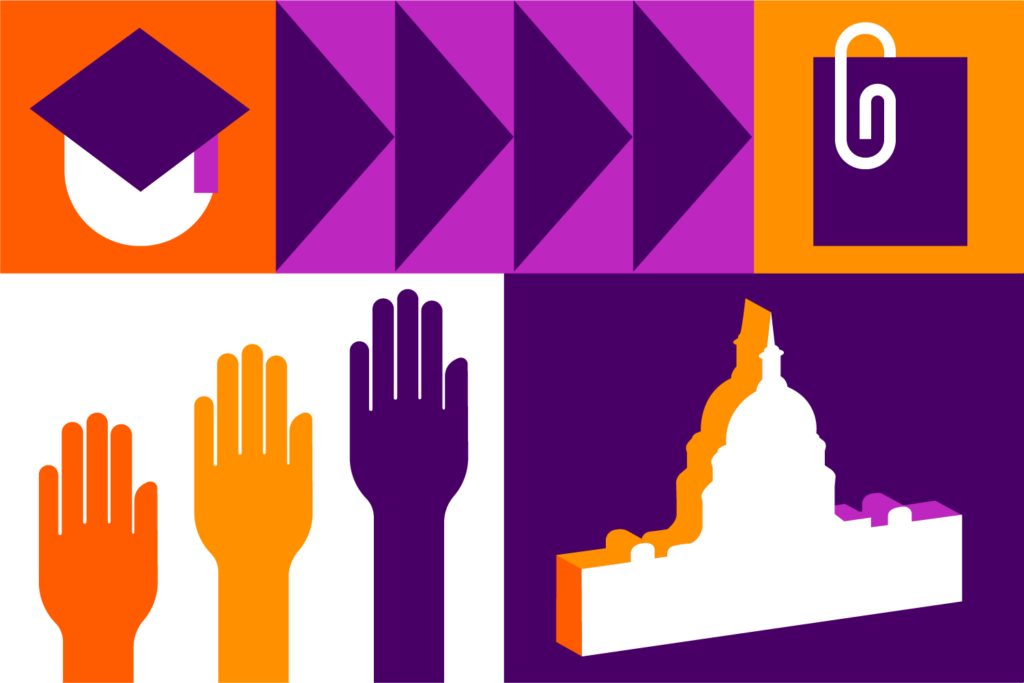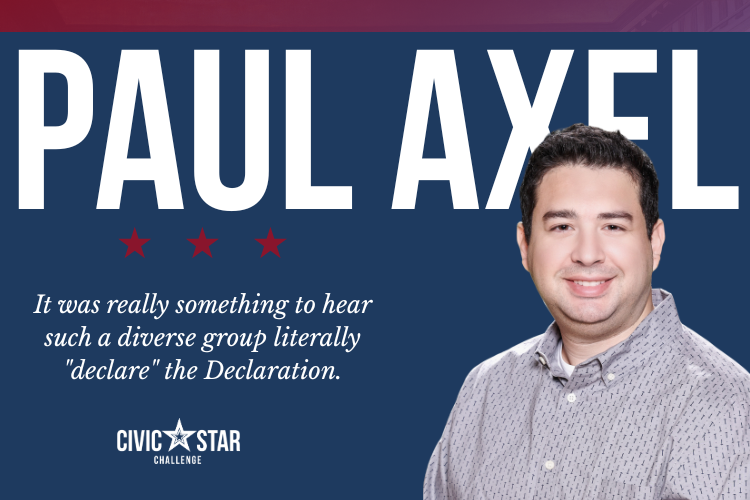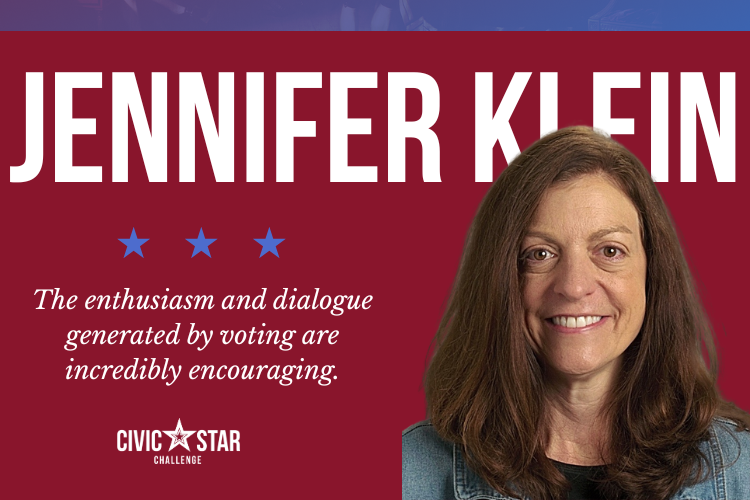January 20th, Inauguration Day, marks the official start of the four-year term of the President of the United States, but the real work begins after the ceremony ends. The first 100 days of the presidency is a critical period for setting the stage for what is to come in the next four years. Explore the many resources we offer to help students understand what they should expect during this period and the steps the executive branch can take to turn campaign promises into a reality.
All Eyes on the First 100 Days
Just like with any job, there are a lot of expectations when a new presidential term begins. Use our lesson, The First 100 Days, to explore the history of this concept, its impact on the presidency, and how success is judged. A customizable Google Slides deck is available for this lesson.
From Campaign Promises to an Agenda
This mini-lesson explains what a presidential agenda is and how it’s executed and communicated to the American people. Students will also examine the relationship between the president and Congress as it relates to the presidential agenda.
Mini-Lesson: Vice President
The president may be front and center, but the vice president plays an important part in our nation’s government. This new lesson will help students better understand the history of this office and the modern role of the vice president.
What’s It Like to Be President?
In Executive Command, students get to be the president and learn firsthand the many different responsibilities that come with the job. From proposing a legislative agenda and signing bills to commanding the military, this interactive game takes students deep into the Oval Office.

Answer Students’ Questions About the Election, Presidency, Cabinet, and More!
Our Election Headquarters is the place to find our curated collection of lessons, games, and activities all about the electoral process and the executive branch.




